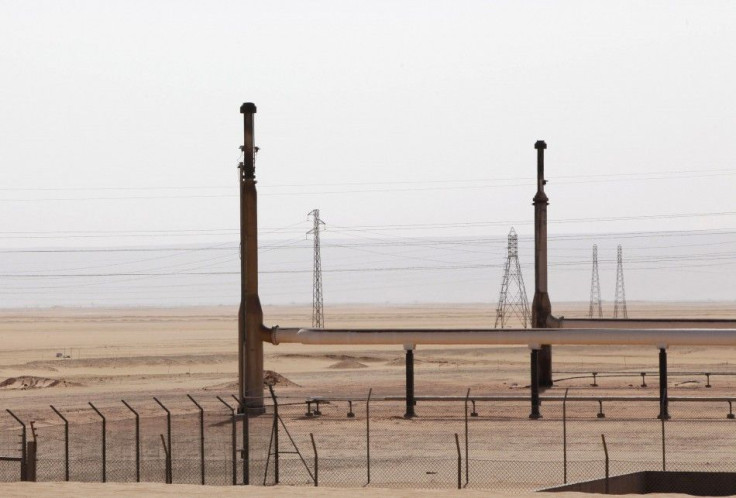Quebec Regulator Thumbs Up TransCanada’s Energy East Pipeline Project

TransCanada Corp's Energy East pipeline project has been given the thumbs up by the energy regulator of Quebec. The company had lodged in October its regulatory application to the National Energy Board.
The $12-billion Energy East pipeline project will convert 3,000 kilometres of existing and underused Canadian Mainline natural gas pipeline to other purposes, the Globe and Mail said, citing the Régie de l'Énergie report on Quebec's natural gas situation made public on Wednesday. This purpose was identified primarily to transport western crude, which Pierre Arcand, Quebec Energy and Natural Resources minister, found desirable. "We believe such a conversion could help limit the increase in transport fees for natural gas."
In an 84-page opinion published on its Web site, Quebec's energy board believed the conversion of a section of the pipeline to oil would probably have a limited impact on the natural gas market in the province. Arcand said it is imperative that even with the Energy East pipeline project, reasonable rates for natural gas consumers in Quebec are preserved.
Still, TransCanada is required to meet seven conditions before the construction of the pipeline would be allowed and actually pushes through. Among the requirements is that Energy East pipeline project be first subjected to an environmental assessment. An emergency plan in case of a spill must be included in the submissions of the company. TransCanada must consult with the communities along the route, which include aboriginal groups. It also must ensure the project doesn't compete and reduce the overall gas supply in the province.
The Régie de l'Énergie report said Quebec's demand for natural gas will increase 2 percent annually over the next 15 years, hitting 300 petajoules by 2030. Unfortunately, the province has no home-grown natural gas supply because the public is still opposed to the idea of developing the province's shale gas deposits. This effectively means Quebec will remain dependent on gas sourced out of the province.
TransCanada said the Energy East pipeline project will enable gas customers save $950 million over 15 years. "Those are savings which we believe can be passed onto home and business gas consumers," the company said in a statement.
Metro News, citing a study by the Conference Board of Canada, said the seven-year planning and construction phases of Energy East will give off over 4,000 direct and indirect jobs. The project is also estimated to generate an additional $5.8 billion for Quebec's economy during construction and operation.





















